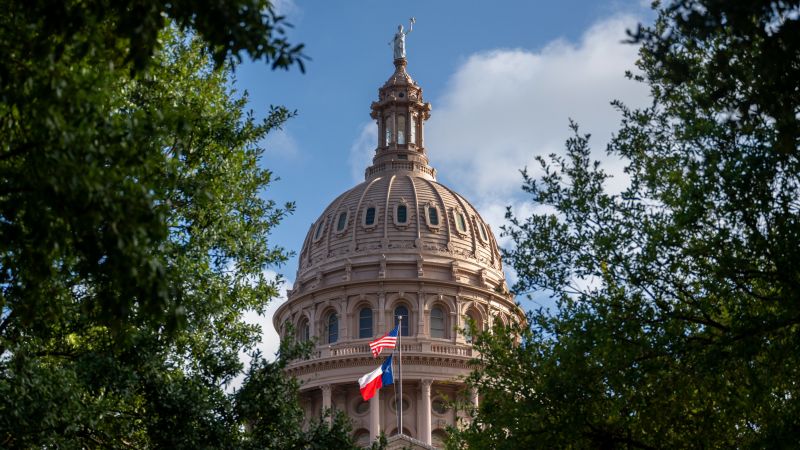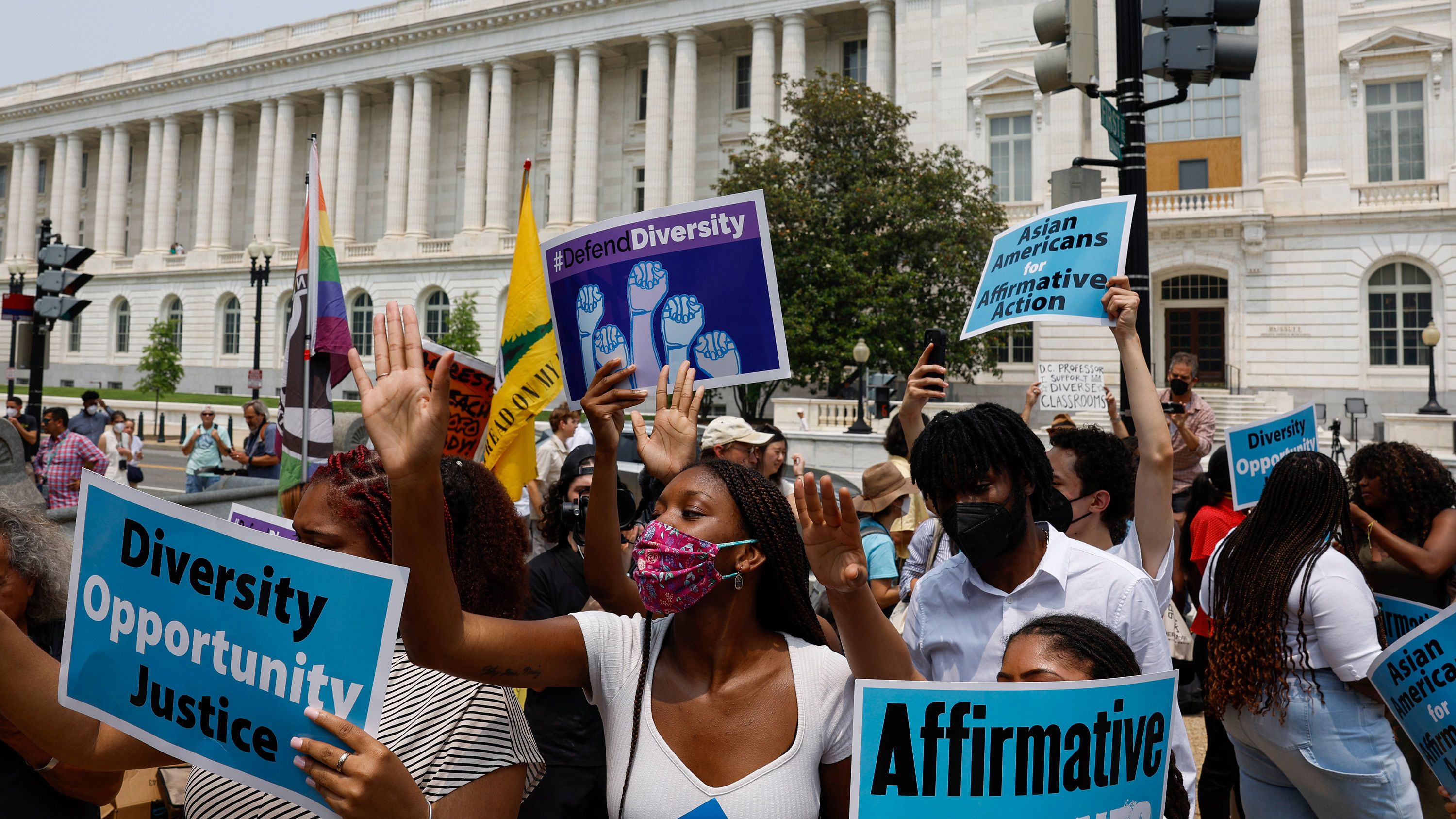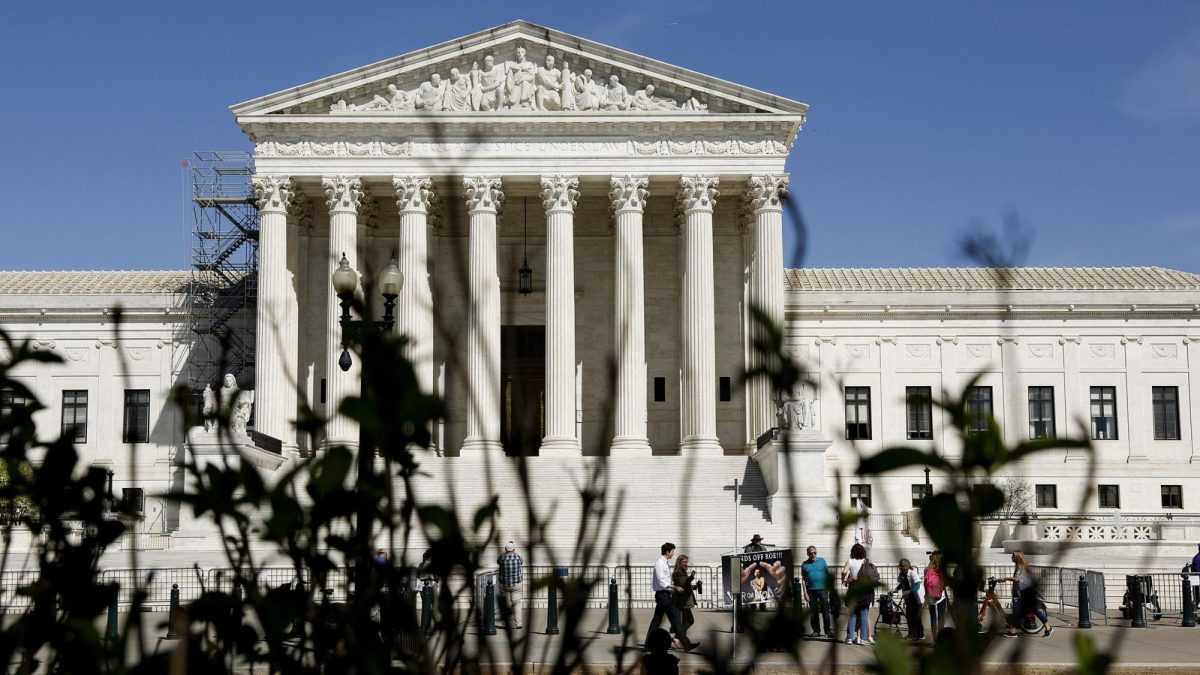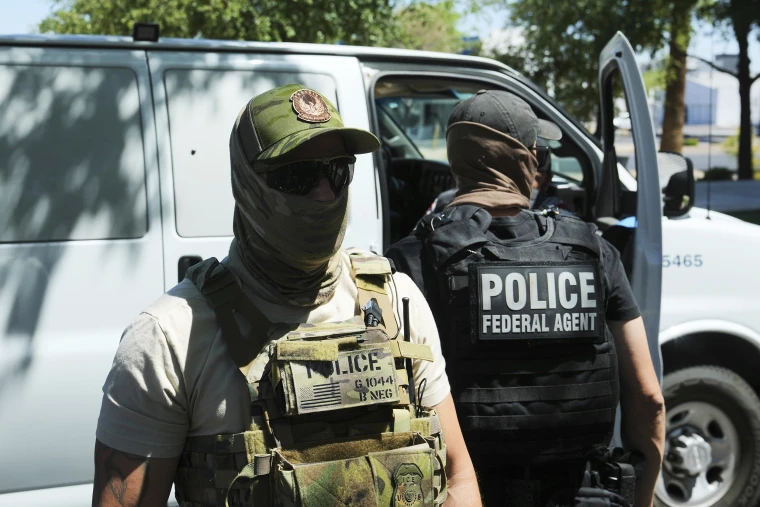A new Texas law allows public schools to replace counselors with chaplains and to use funds earmarked for school safety and mental health to pay them. The law went into effect this month.

Each of Texas’ more than 1,000 school districts now has six months to vote on whether or not to create chaplain programs. There are no requirements to be called a “chaplain” outside of passing a background check. People allowed to serve as chaplains in this program are not bored from proselytizing and do not have to have any chaplaincy training or expertise in working with children or people from different faith traditions.
Students can exercise their religion in ways that do not interfere with classroom instructions. Still, the school itself should not be in the business of propping up or denigrating anyone’s religion. While there are good reasons for chaplains in specific settings where someone cannot freely access religious services, those circumstances are not present in the public school context.
Texas chaplains have voiced their strong opposition to this new law. More than 100 signed an open letter to the state’s school districts calling on them to reject this chaplain program.
“Government-sanctioned chaplains make sense in some settings, but not in our public schools,” states the letter, which BJC, Texas Impact, and interfaith alliance organize. Many of us serve in contexts where individuals cannot access their cases for children in public schools. Parents or guardians must have the right to choose the religious leaders who will influence their children’s spiritual journey.
Texas recently required public schools to display god we trust posters if they are donated to the school. Another place of legislation aimed to mandate the posting of the Ten Commandments in public school classrooms in the state. Fortunately, the bill died after the Texas House didn’t meet a deadline to act on it.

Texas parents who are Christian, Jewish, other, or not religious should be able to unite across ideological differences to keep the government out of religious indoctrination and proselytization. It’s not a conservative or liberal position to believe that houses of worship and other religious institutions are better equipped than the government to teach children about religion.
As challenging as the circumstances are in Texas and many other places across the country, we can’t give up on the American experiment in secular democracy-one that allows all faiths to flourish by guaranteeing equal citizenship without a nation. But I’m hopeful that most Americans, all religions and of no faith-do not want the government deciding religious matters for our families.








